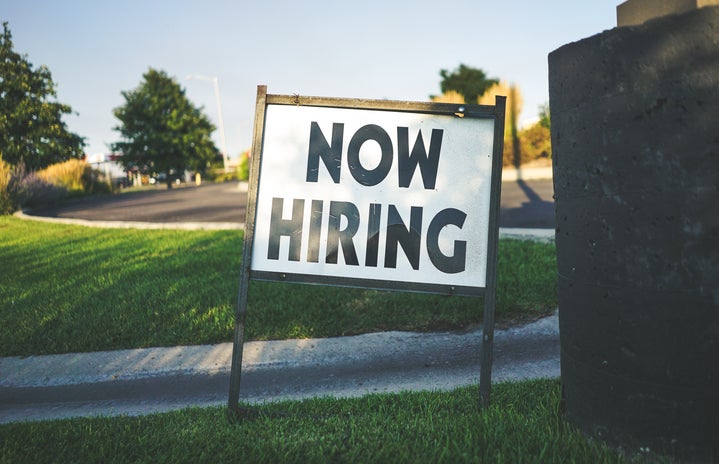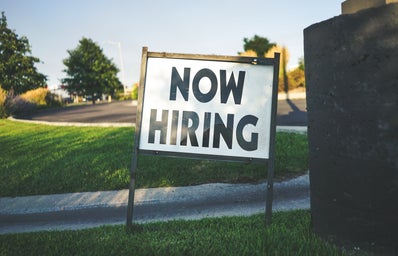Raising minimum wage will cause unemployment, plain and simple. Let’s say we raised minimum wage in a fast food restaurant that has 20 employees making $7.50/hour and raised them all to $15/hour:
Cause: The average employee now makes about two times as much as they did before.
Effect: To make up for the payroll increase the business must raise their prices.
Cause: A one dollar hamburger would be a three or four dollar hamburger after price increase.
Effect: Some customers might not want to buy the hamburger anymore because they could get the same quality elsewhere for a lower price, or they may not be able to afford the price increase. Some customers that used to buy two or three burgers may not want to pay for the price increase, so they settle for just one burger.
Cause: The price of the hamburger increased and caused sales to decrease.
Effect 1: Due to the sales drop, the fast food restaurant wants to make up for their money loss by raising their prices even more, and hope that their loyal customers will fix the deficit.
Effect 2: The fast food restaurant might want to fix the deficit by cutting back on their biggest expense, payroll. Instead of 20 entry level employees making $7.50/hour each, the business cut down to 10 employees making $15/hour each.
Cause: The payroll cut caused 50% of the employees to lose their jobs.
Effect: Raising the minimum wage causes sales to decrease, forcing businesses to make employee cuts and unemployment to increase.
One issue that raising minimum wage may also cause is employees making careers out of entry level jobs. If employees get paid more for simple jobs they will choose to stay and never progress into an actual career. The issue with employees staying at entry level jobs is that young people entering the workforce need these jobs to move their lives and careers forward. If the young people cannot work entry level jobs because they are taken, they cannot progress in the workplace and will become unemployed.

